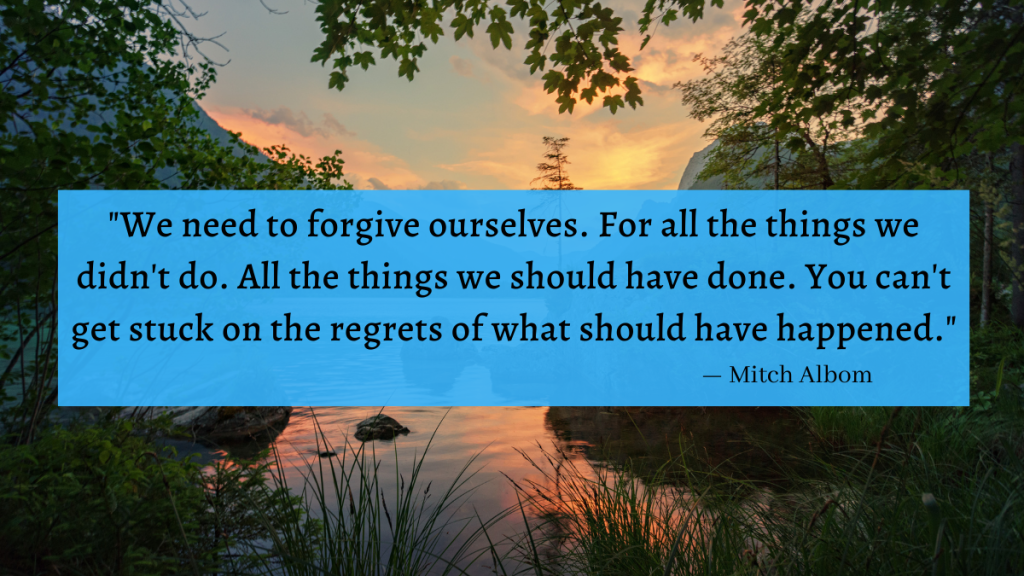Over the years, I’ve learned a number of words, phrases and definitions that have helped me understand my own mental health. Some of these are connected to mental illness or medicine, while others are connected to mental wellness. In this recurring series, I break down some of the mental health terms I’ve learned over the years. Today, I’ll be breaking down should statements: what they are, what they look like and what we can do about them.
What Are Should Statements?
Have you ever second guessed yourself? I do it all the time, and I know I’m not alone. Every time we make a decision, there is a possibility that we feel like we made the wrong one. When we do, there is a word that almost everyone uses in an attempt to try and solve the problem: should. While second guessing yourself is human and happens to everyone, it can can create real issues in your life when you think that way about everything.
A should statement (aka should thinking) is a psychological term that refers to a pattern of negative thinking that can lead to, or exacerbate, symptoms of mental health disorders. Though there are several definitions of should statements, VeryWellMind sums it up well here:
“Should statements are a common negative thinking pattern, or cognitive distortion, that can contribute to feelings of fear and worry. They also put unreasonable demands and pressure on ourselves, which can make us feel guilty or like we’ve failed.”
VeryWell Mind
Should statements can make us feel bad about ourselves, or make us guilty for things we have (or haven’t) done. If we don’t pay careful attention to the way we talk to/about ourselves, these statements can influence how we perceive ourselves and the world around us.
What Do They Look Like?
What is challenging about should statements, otherwise known as should thinking, is that it can seem harmless. Let’s say you picked out vanilla ice cream at the grocery store. When you get home you think to yourself, “I should have picked chocolate.” That’s not so bad, right? But if we don’t reframe the more negative parts of should thinking, it can dominate our lives.
Should is also not the only word that create this strain and anxiety. Using words like need to, must, and ought to can create negative thought patterns. They create situations where we’re putting the weight of the world on our shoulders without meaning to do so. Thoughts like these:
- I should be happier
- I should have a better handle on my schedule
- I need to exercise every day
- I must finish the to-do list I made for myself
- I shouldn’t have done that
- I should have figured out how to do that
can cause real damage on our self-esteem and our ability to do things. In addition, it can bring on feelings of anxiety and depression, creating a bigger mental health challenge for people to overcome.
What Can We Do About It?
Should statements can make our lives difficult, but they don’t need to have a permanent home in our brain. One of the ways should statements grow in number is that they are left unchecked and unchallenged. Years of living with depression or anxiety could lead someone to thinking that this is just who they are, but should thinking grows stronger over time. Once we become aware of it, we can start to work to erase it from our brains.
One of the best ways to challenge should statements is to reframe them. If you catch yourself engaging in should thinking, try to reword that thought. Remove should if you can, and see if you can reframe it in a more positive light. Should thinking should not dictate our life or our choices and by reframing things when we can, we can start to challenge the narrative that negative thoughts have built up in our head.
By understanding should statements more, we’re challenging the negative thoughts in our head. We’re creating a healthier approach to negative thinking, and making our mental health toolbox stronger. It’s not easy work, but every thought that we can challenge and reframe goes a long way toward our mental wellness.

One thought on “Breaking Down Mental Health Terms: What are Should Statements?”